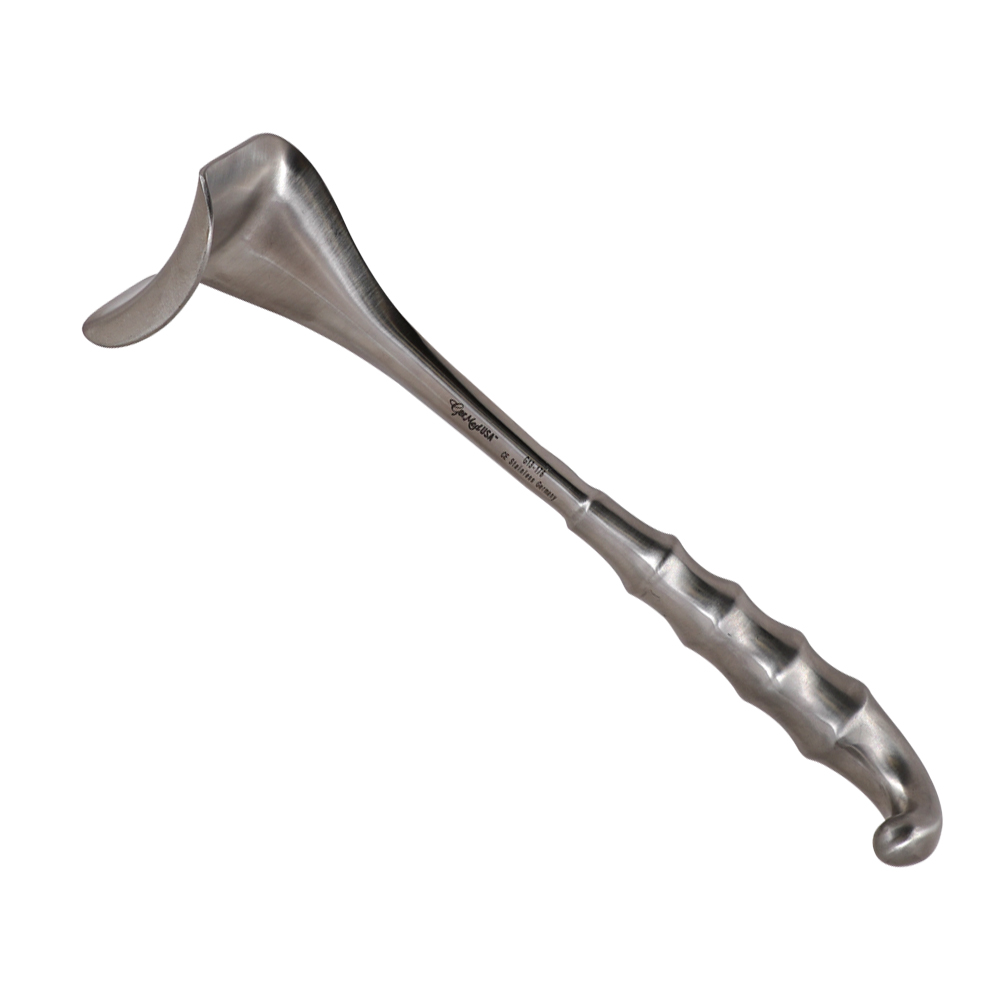

As a surgeon, you can not deny that the Kelly retractor is one of the most vital tools for precision and effectiveness in performing both general and specialized surgeries. This retractor holds tissues or organs back to gain a clear view of the operative site and has proved a versatile tool.
It comes in many variations to suit diverse surgical requirements. This guide will explore the Kelly retractor, its types, unique aspects, and critical use in surgery.
This retractor is a surgical instrument with a flat, curved blade that can hold back tissues, muscles, or organs, allowing a better view and transparent access to the surgical cavity. High-grade stainless steel makes these retractors robust, and they can withstand multiple sterilizations to be reused.
These retractors come in different shapes and sizes, with specific varieties of surgeries for which they are designed. Four specific types of retractors are listed below with their features and functions:
Selecting the correct kind of surgical retractor is crucial for the success of any surgical procedure. Although there are many, Kelly surgical retractors differ because they are easy to handle, durable, and versatile.
Moreover, these retractors are commonly used in various surgical procedures due to their effectiveness and preference among surgeons. From general to specialized procedures, the common variations can be used in a wide range of surgical procedure.
With adaptive design, users do not feel strain on their hands for long surgery periods. Standard retractors are made of German stainless steel, which is corrosion-resistant, allowing them to be used repeatedly and sterilized.
The Kelly surgical retractor has extensive application in all areas of medicine, including:
Abdominal surgeries
The provision of a view of the internal organs without destruction to the surrounding tissues during abdominal surgeries.
Orthopedic procedures
They are usually used to 'hold back' muscles or tendons during a joint repair or replacement.
Pediatric surgeries
A small-sized Kelly retractor is best suited for more sensitive surgeries involving pediatric patients.
Using surgical general retractors in the operating room provides the following advantages:
Improved Visualization
The curved blade pushes tissues aside, opening a clear view of the operative area for the surgeon.
Enhanced Efficiency
With less readjustment needed, it makes the process easier and faster.
Reduced Trauma
These retractors are designed to minimize tissue trauma, ensuring faster recovery for the patient.
These are flexible for various surgeries.
Hence, they are a must-have tool in all surgical practices. These provide valuable accuracy, whether in general surgery or specialized procedures.
This is possible because of the range of options available, which can accommodate a wide variety of surgical requirements.
In short, Kelly retractors are essential as they ensure versatility, precision, and effectiveness. Different varieties are designed to meet specific surgical needs, and these tools can improve visualization and efficiency while minimizing trauma in a vast range of surgical procedures.
Their impact on abdominal, orthopedic, and pediatric surgeries highlights their importance in different surgical procedures.
GerMedUSA offers a broad range of quality Kelly retractors and other high quality surgical tools that meet the highest standards. Whether you need surgical general retractors for general use or a more specialized type of surgical retractors, they ensure each product is crafted with precision and durability.
Explore their collection at GerMedUSA and choose the perfect tool for your surgical needs.
In which surgeries are retractors used most?
Retractors are frequently used in abdominal, orthopedic, and pediatric surgery, as they keep the tissues out of the way very well.
Can I use retractors again after the procedure?
Yes, most of the Retractors are stainless steel and reusable. They can be reused many times after they have been sterilized following surgeries.